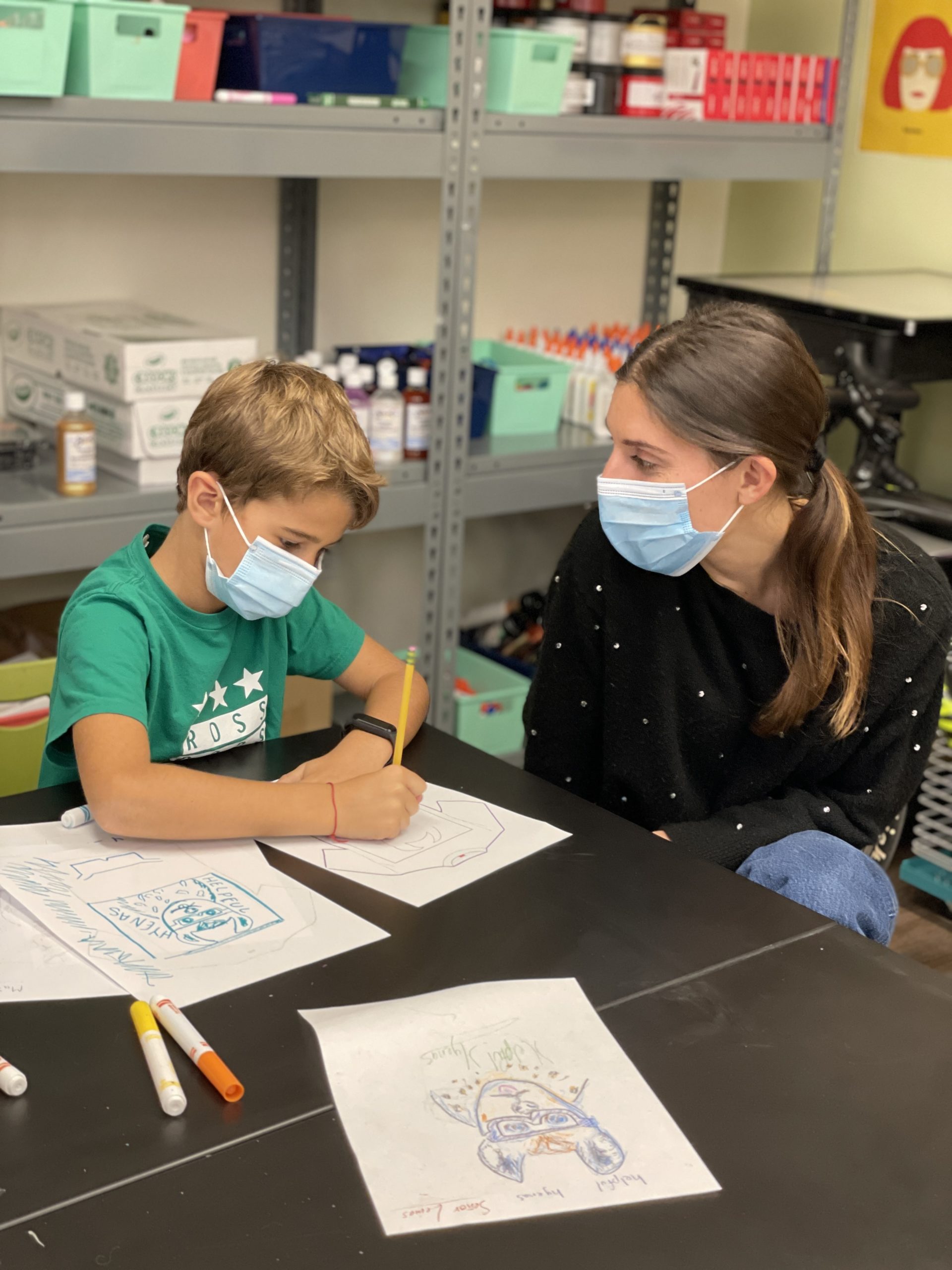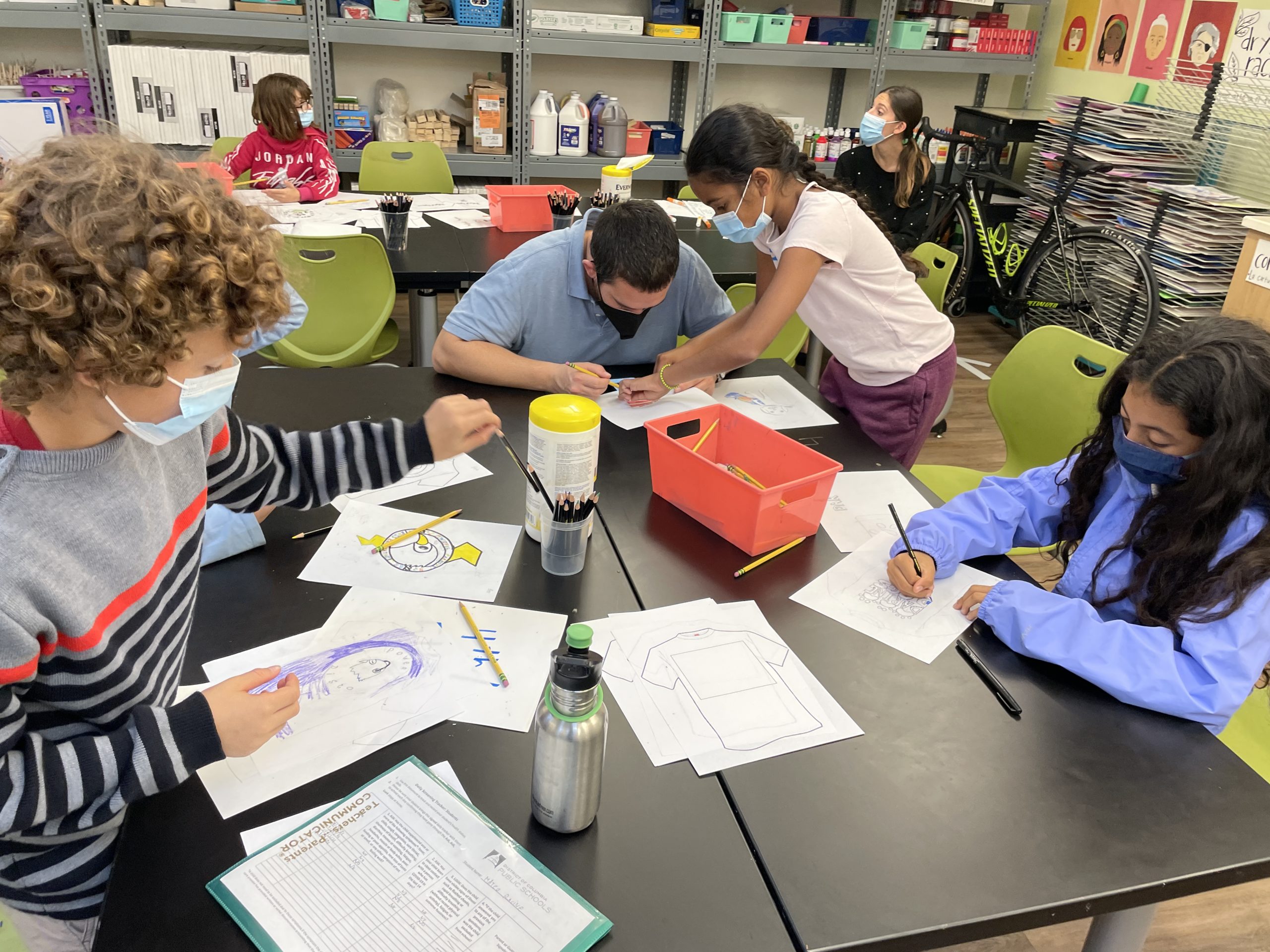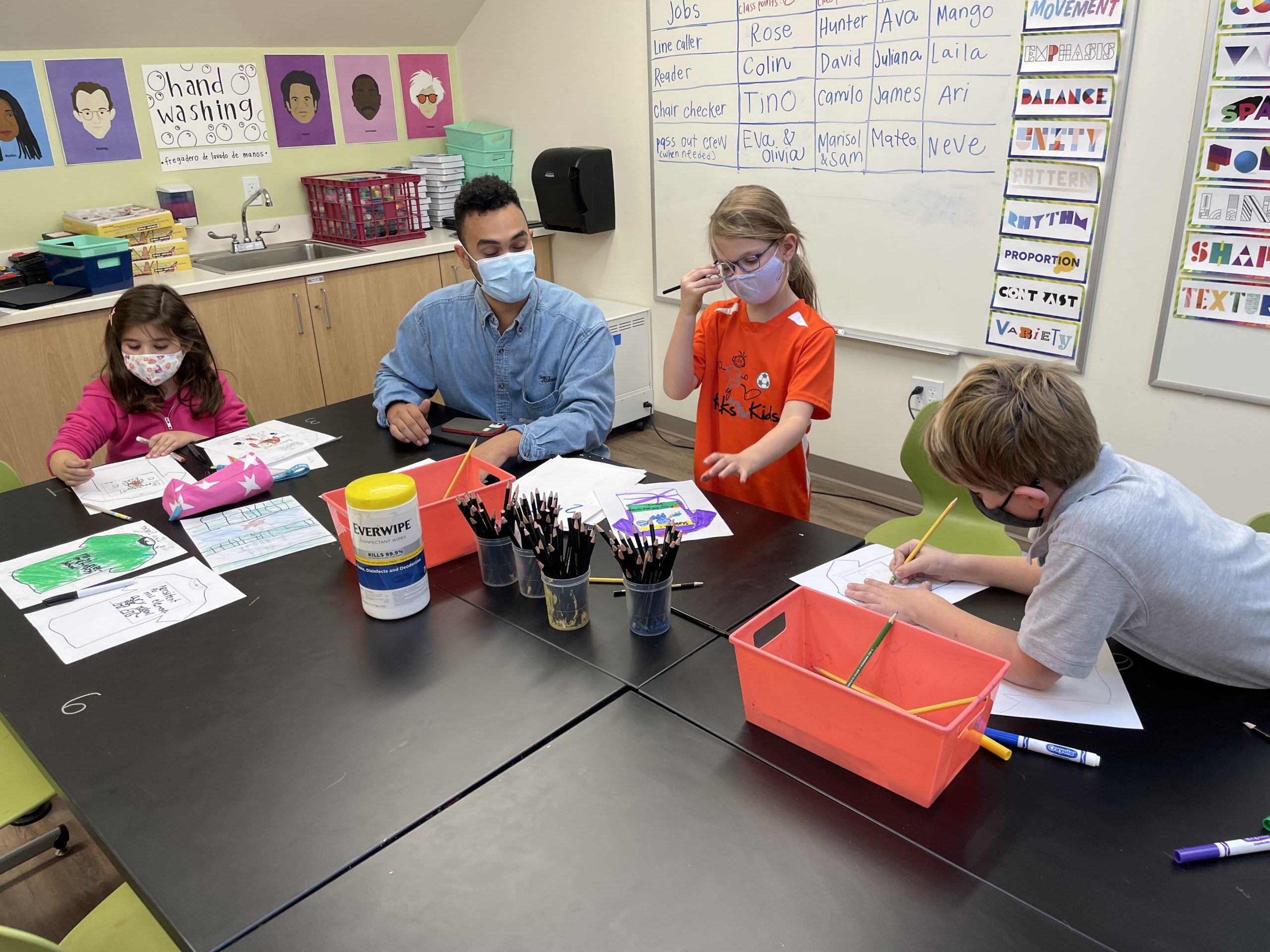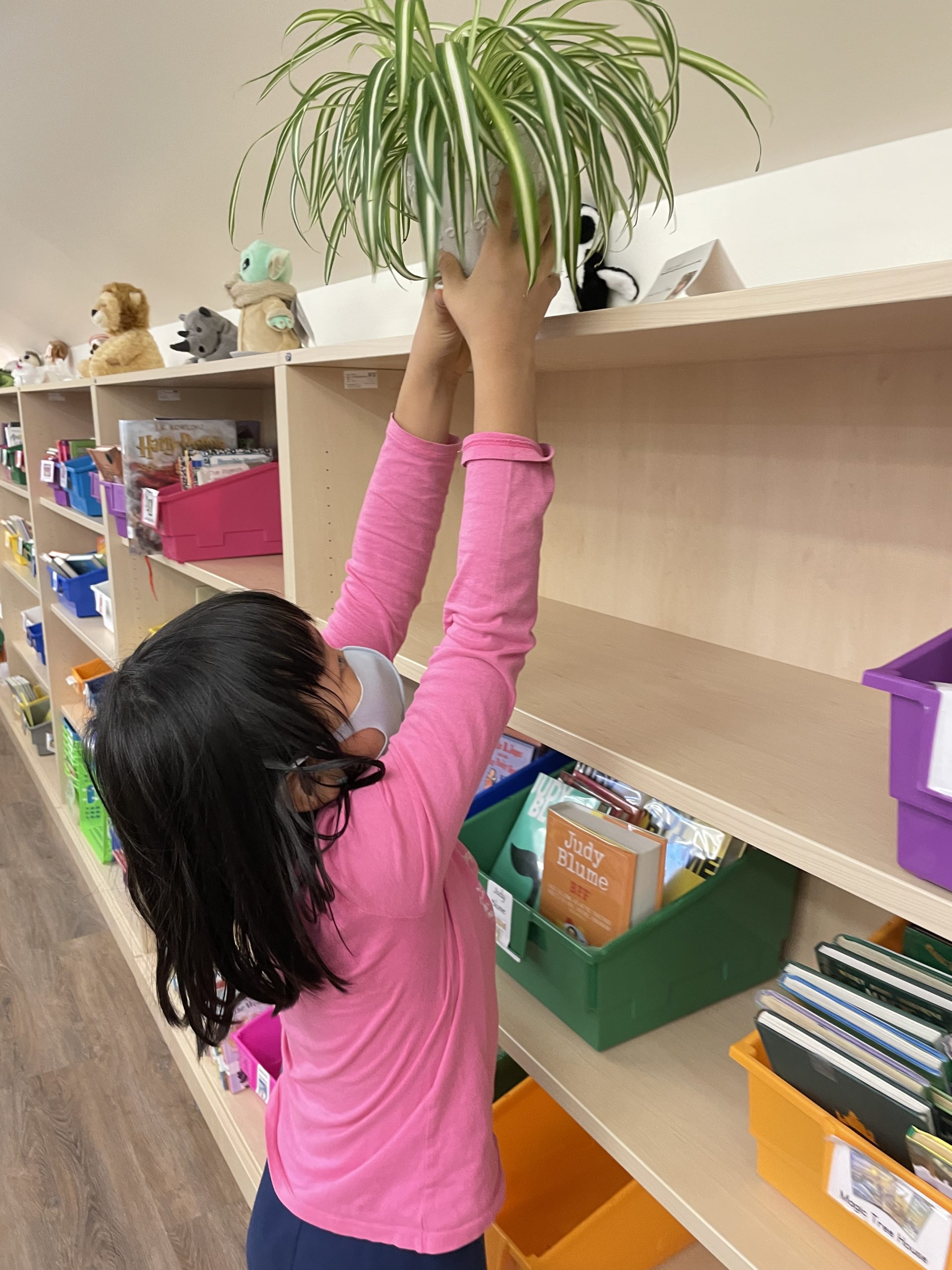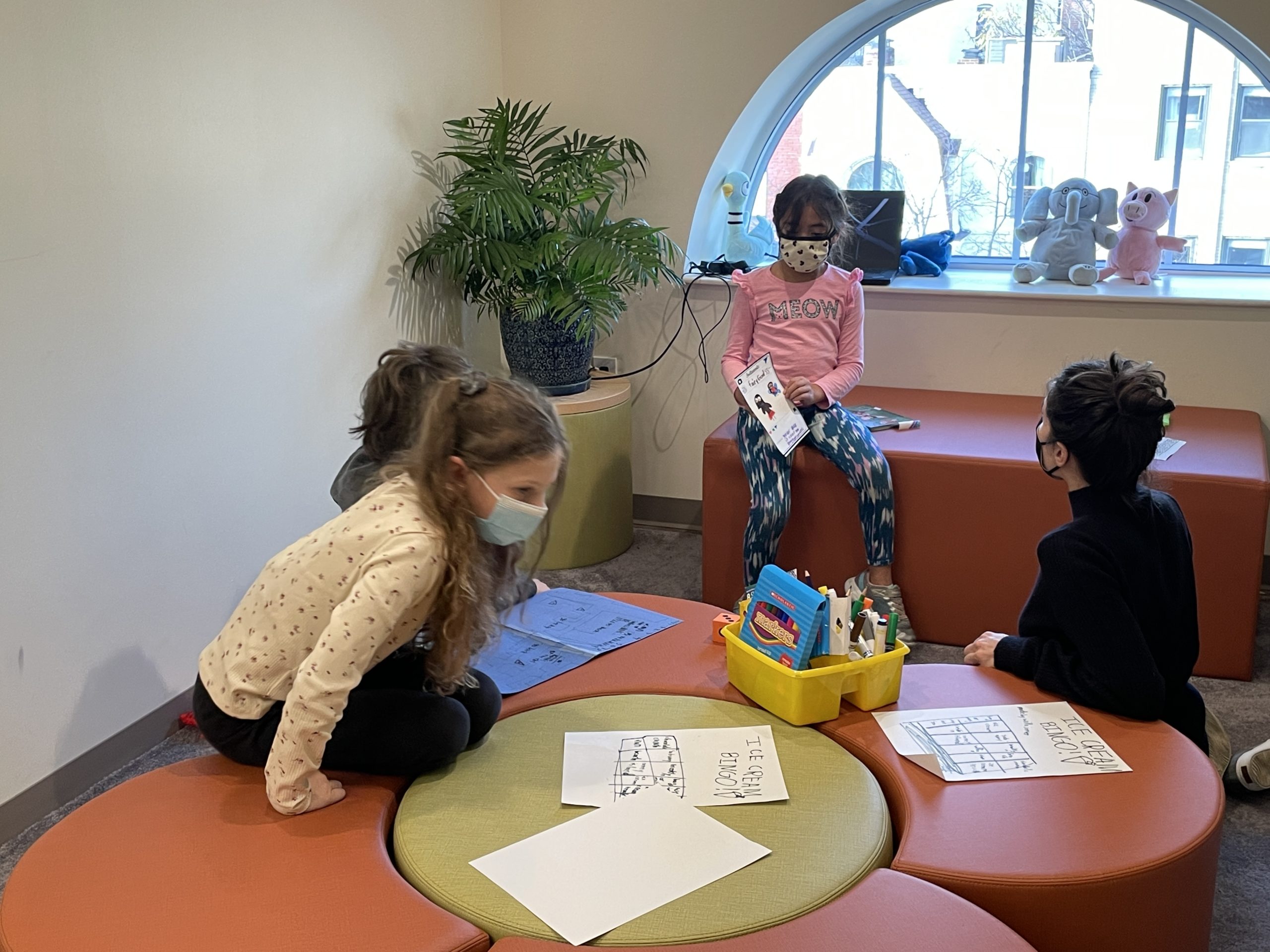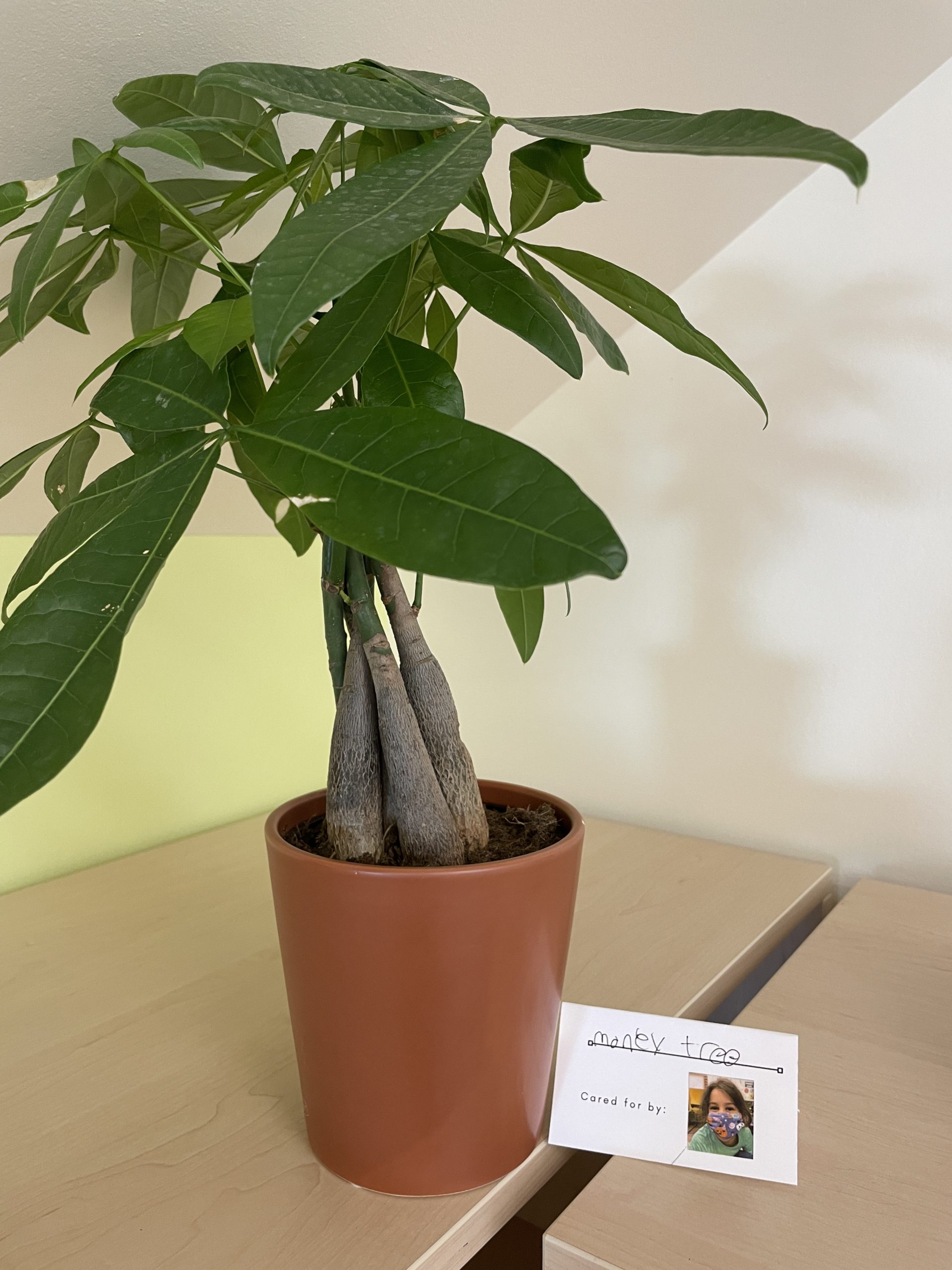Social Emotional Learning
“Intertwining social and emotional learning with academics advances the ability of our students to change with the essential skills to effectively manage new challenges.” Dr. Karen Burke
Responsive Classroom
Ross embraces the Responsive Classroom approach to the Social-Emotional Academic Development (SEAD) of students. The goal of Responsive Classroom is the creation of safe and joyful learning communities where students will be empowered and engaged. This means we strive to not do for children what they can do for themselves to promote independence and agency.
Some components of Responsive Classroom that you will see evidenced in classrooms at Ross include:
- Classroom Names
- Student Self-Portraits
- Student Hopes and Dreams
- Beginning each day with Morning Meeting
- Closing each day with Closing Meeting
- Student informed classroom expectations and responses
- Student responsibility for care of the classroom materials and spaces
- Academic Choices

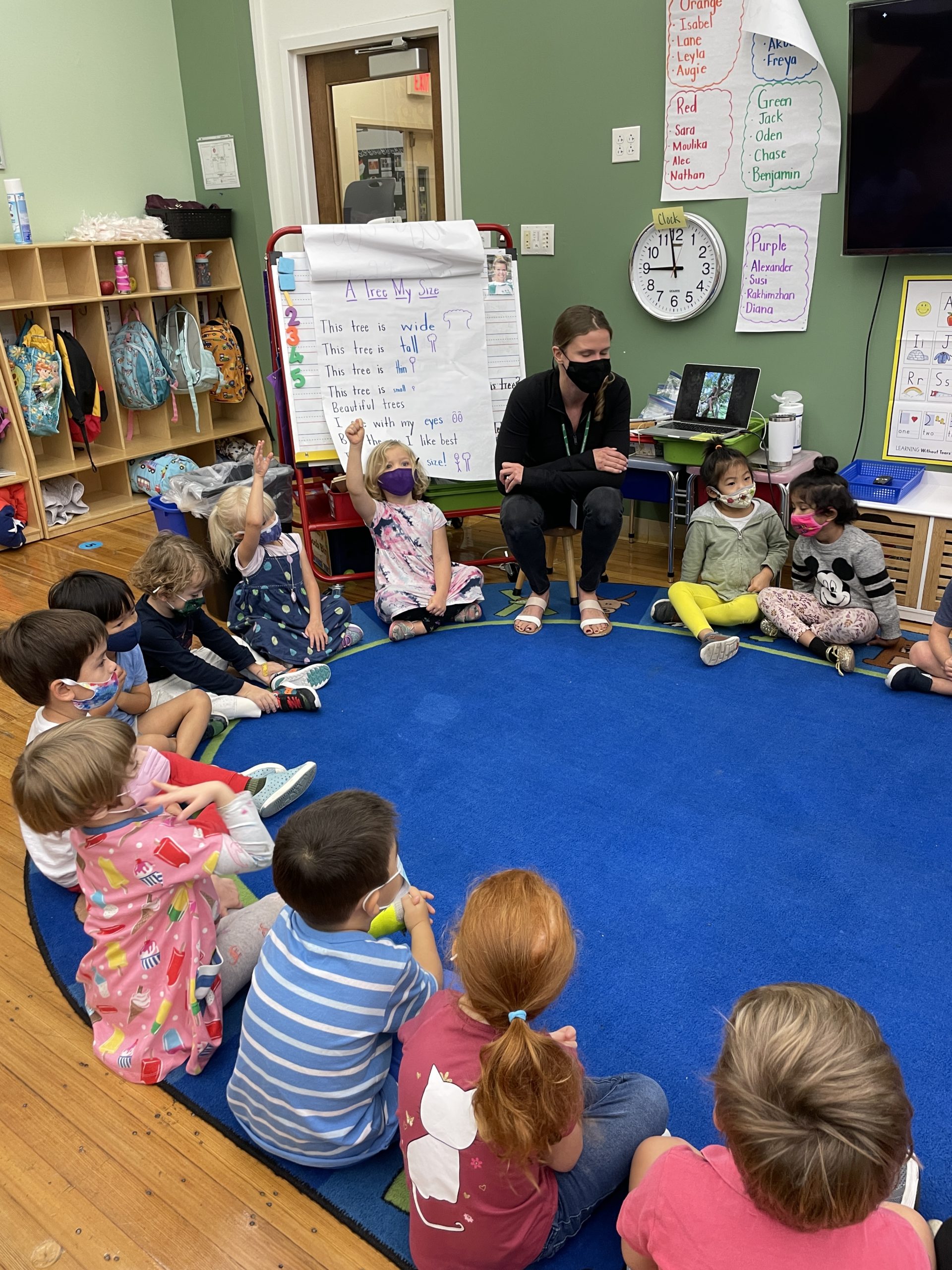
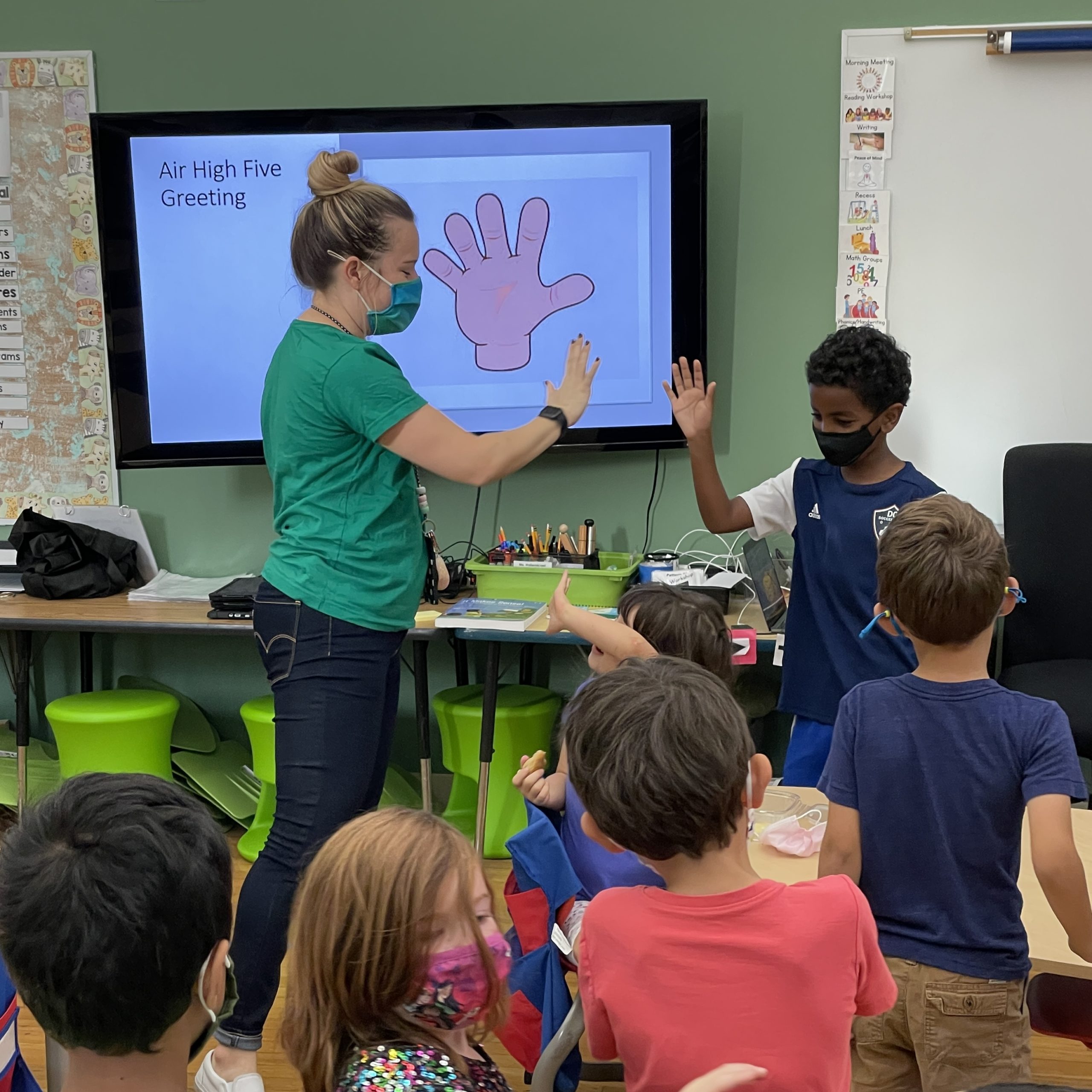



Guiding Principles
The Responsive Classroom approach is informed by the work of educational theorists and the experiences of exemplary classroom teachers. Six principles guide this approach:
- Teaching social and emotional skills is as important as teaching academic content.
- How we teach is as important as what we teach.
- Great cognitive growth occurs through social interaction.
- How we work together as adults to create a safe, joyful, and inclusive school environment is as important as our individual contribution or competence.
- What we know and believe about our students—individually, culturally, developmentally—informs our expectations, reactions, and attitudes about those students.
- Partnering with families—knowing them and valuing their contributions—is as important as knowing the children we teach.
Peace of Mind Classes
Every student at Ross receives weekly Social Emotional Learning (SEL) lessons using the Peace of Mind curriculum. Peace of Mind is a teacher-created, evidence-based program that supports mindfulness-based social and emotional learning, conflict resolution and social justice in PreK through Middle School. The Peace of Mind Program helps students develop life skills to notice and manage challenging emotions, build healthy relationships, solve conflicts peacefully, and address challenging social justice issues with respect and compassion. Peace of Mind focuses both on inner work and applying skills to social change. It integrates mindfulness practice and brain science as the foundation for weekly lessons in social emotional learning, conflict resolution, and peacefully working for positive change
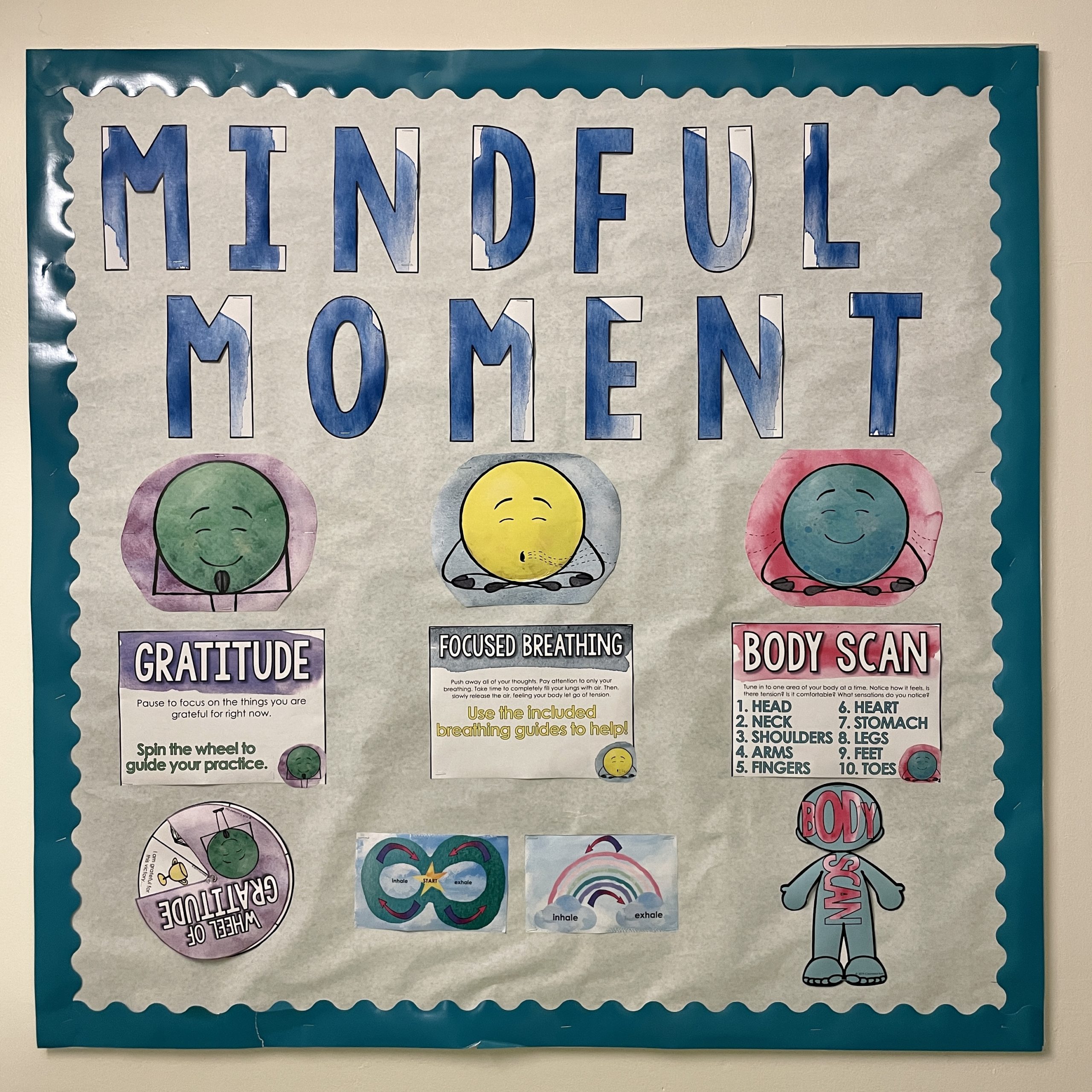
Mindfulness
.Each SEL class we have Mindful Moments where we take deliberate moments of quiet & focus
• Learning to quietly sit to focus on breath
• Mindful listening, breathing
• Noticing sounds, noticing thoughts
• Belly Breathing, Take 5 breathing
• Develop the ability to recognize feelings
• Increase awareness of surroundings and the feelings of others
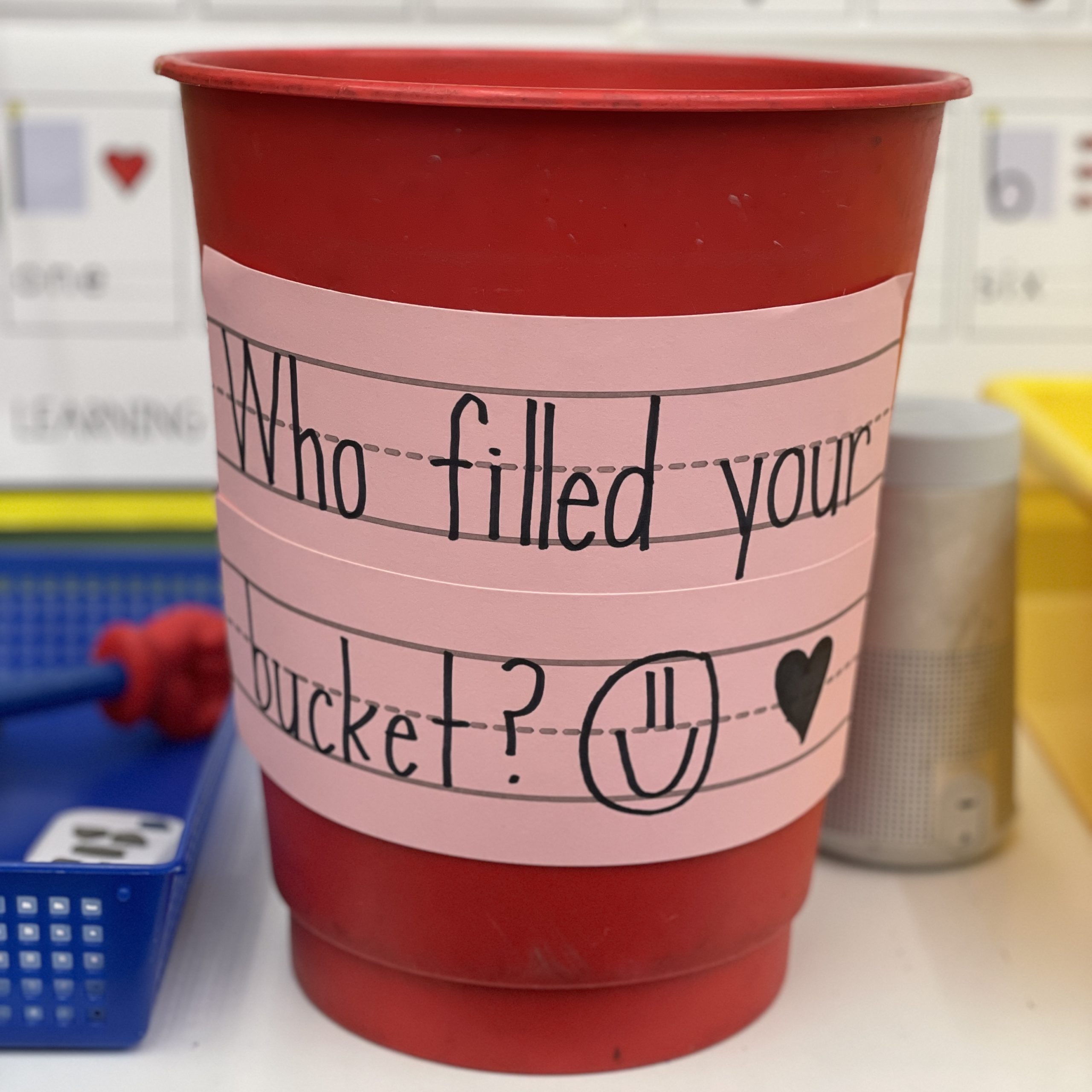
Kindness Practice
• Goal of Peace of Mind is to create a culture of kindness
• Kindness Pals assigned each week
• Make kindness part of daily lives
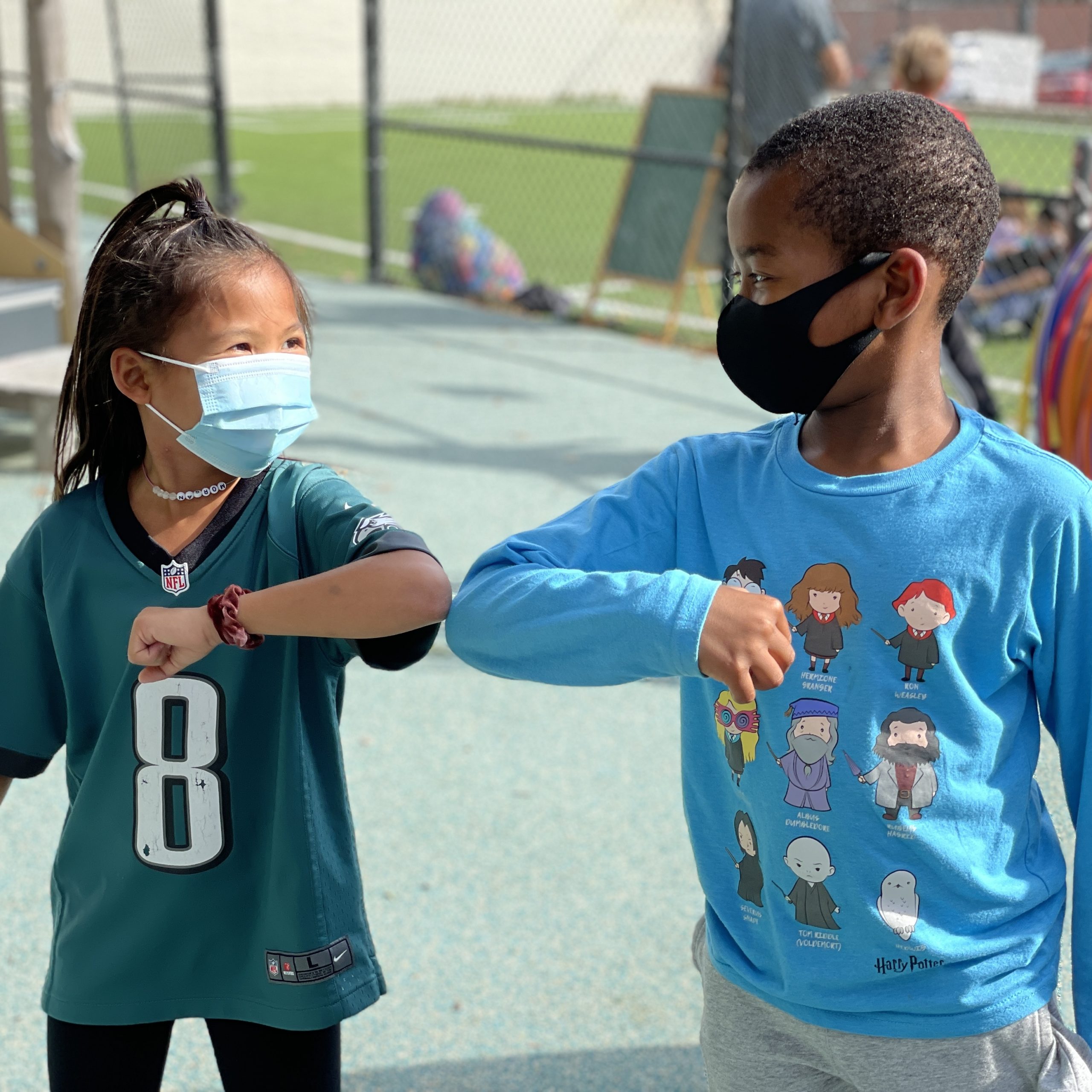
Conflict Resolution
C.A.T.
• C is for Calm Down – using mindfulness practice
• A is for Apologize – conflict includes something for which students can apologize
• T is for Toolbox – The conflict toolbox includes eight ideas to help work things out, such as sharing, taking turns and compromise.
Kid Connect
Kid Connect is a weekly opportunity for students to engage with their peers outside of the classroom. Each Tuesday, groups of 4 to 8 students meet to interact, connect, and explore an area of interest. Kid Connect is intended to help students strengthen their social skills, lean into their creativity, and build a greater since of community. Our ongoing groups cover a variety of areas including gardening, book club, fly fishing, drama, cooking, mapmaking, art, and many more. Kid Connect will continue for the duration of the school year, but midyear students will have an opportunity to join a new group.
At-Home Resources
Support SEL at Home
• Check-in with your child about how they feel throughout the day, help children name and express emotions
• Acknowledge that your child is working hard during this time
• Talk about the positive things that have happened even though we had to make big changes
• Practice mindful moments and breathing with your child
• Look for the joy
• Move, run, dance, sing, exercise
• Calm Down Corner
• Extra hugs
• Practice Gratitude
• Help student name, share and safely express emotions
• Make list, practice healthy coping skills with your child
Coping Skills for Students
• Drink water
• Stretch
• Take a walk
• Deep breathing exercises (Learn Breathing Hand with Mrs. Clark)
• Ask for help or a hug
• Take a break in the safe space
• Count to 10
• Build blocks
• Color
• Dance
• Exercise
• Go outside
• Squeeze stress ball or stuffed animal
• Blow bubbles
• Throw a ball
Online Resources
A Parent’s Resource Guide to Social Emotional Learning
CASEL – Learn about the core competencies of social emotional learning
Move This World – SEL resources for familie
Additional Community Resources
Suggested Books – Students
My Many Colored Days by Dr. Seuss (read aloud by Mrs. Clark)
When Sophie Gets Angry, Really Really Angry by Molly Bang (read aloud by Mrs. Clark)
The Way I Feel by Janan Cain (read aloud by Mrs. Clark)
Mindful Monkey, Happy Panda by Lauren Alderfer
A Color of His Own by Leo Lionni
One of Us by Peggy Moss
Let’s Be Enemies by Paul Showers
I Like Your Buttons by Sarah Lamstein
The Kindness Quilt by Nancy Elizabeth Wallace
The Invisible Boy by Trudy Ludwig
Rosie’s Brain by Linda Ryden
Suggested Books – Families
How to Talk So Kids Will Listen and Listen So Kids Will Talk by Faber and Mazlisch
How to Raise an Adult (and Break Free of the Over Parenting Trap) by Lythcott-Haims
The Blessings of a Skinned Knee by Wendy Mogel
Parenting with Love and Logic by Cline and Fay
Duct Tape Parenting by Hoefle and Kajitani

